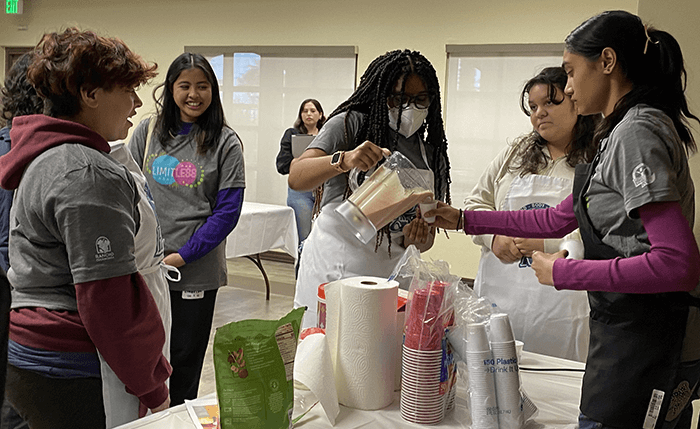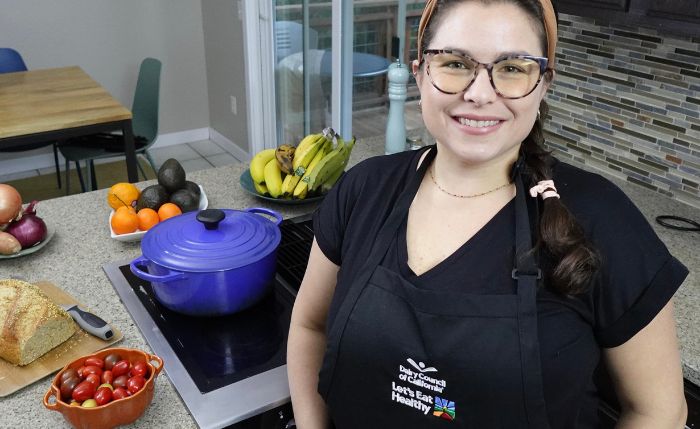By: Valerie Fung-A-Ling

Self-care is the practice of taking care of your health so that you can be at your best for yourself and others. It is a core component to the health and well-being of adults and children, especially during times of stress and adversity. More health care and wellness experts are offering guidance on self-care strategies as a tool to increase personal health resilience.
The Surgeon General of California recommends practicing six self-care strategies. These strategies can be applied routinely every day to help support physical, mental and emotional health. Try one of these and add others over time as you are able and time allows.
Children’s developing brains and bodies are particularly vulnerable to the harmful effects of stress. Very often, children are not able to recognize or express their feelings and emotions. Learning and practicing self-care skills can support students’ health and help them learn and develop optimally.
Educators and parents can model and teach self-care skills to help children learn to manage and cope with challenging situations and succeed in school and beyond. Here are three self-care activities that educators and parents can use to empower children to strengthen their physical, mental and emotional health:
Taking small, but consistent, steps every day is a great way to begin self-care. Over time, practicing self-care strategies and teaching children to do the same will enable you to take good care of yourself and others.
References

Valerie Fung-A-Ling
Valerie Fung-A-Ling
Valerie, Project Manager of Nutrition Education, has more than 30 years of nutrition education expertise.
In today's society, it's vital to engage teenagers in experiential nutrition education to guide them toward making nutritious food choices.

The Let’s Eat Healthy Community Grant program provides community health organizations funding to enhance programs within their communities.

Subscribe to our blog to stay up to date on the latest news, products, and more.